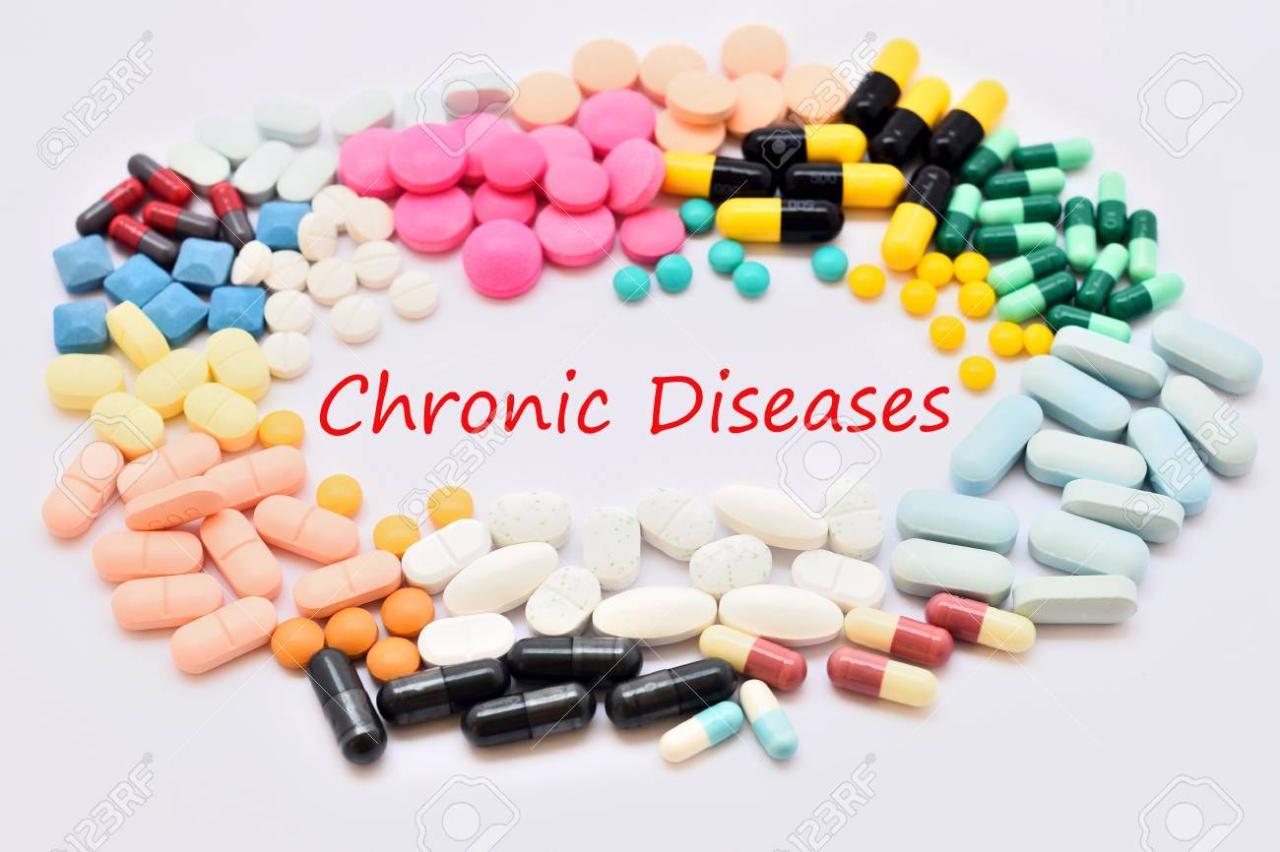
In the vast and ever-evolving landscape of healthcare, the treatment of chronic diseases stands as a beacon of both challenge and hope. As we delve into the 21st century, the strides we’ve made in medication for chronic conditions are not just remarkable; they’re transformative, offering new leases on life for millions globally.
Chronic diseases, including diabetes, heart disease, and cancer, have long been the bane of modern medicine. Historically, managing these conditions was a game of mitigation, not cure. Patients were often sentenced to a lifetime of symptom management rather than a path toward healing. However, recent advancements in medication have begun to rewrite this narrative, turning what was once deemed inevitable into something potentially conquerable.
One of the most groundbreaking developments has been in the realm of precision medicine. This approach tailors treatment to the individual’s genetic makeup, lifestyle, and environment, moving away from the one-size-fits-all strategy. Precision medicine has shown particular promise in the treatment of cancer, with targeted therapies that attack the disease at its molecular root without the collateral damage of traditional chemotherapy.
Biologic drugs have also taken center stage in the fight against chronic diseases. Unlike conventional medications, which are chemically synthesized, biologics are produced from living organisms and can target specific parts of the immune system. Their use in autoimmune diseases such as rheumatoid arthritis and Crohn’s disease has been revolutionary, offering patients relief and a semblance of normalcy that was previously unattainable.
The advent of gene therapy has opened yet another frontier. By addressing disease at the genetic level, this innovative approach has the potential to not just treat but cure certain chronic conditions. While still in its infancy, gene therapy offers hope for diseases like cystic fibrosis and certain types of blindness that were once thought incurable.
Digital health technologies, including wearable devices and health apps, are complementing these advancements by empowering patients to take an active role in managing their conditions. Real-time monitoring of symptoms and vital signs enables personalized and timely treatment adjustments, significantly improving outcomes.
Despite these advancements, the road ahead is not without its hurdles. The high cost of these cutting-edge treatments remains a significant barrier, making them inaccessible to a large segment of the global population. Moreover, the long-term effects of some of these therapies are still unknown, necessitating ongoing research and vigilance.
As we look to the future, the role of ongoing research and development cannot be overstated. Collaboration between pharmaceutical companies, researchers, healthcare providers, and policymakers will be crucial in ensuring that these innovations not only reach the market but are accessible to those who need them most. Education and advocacy will also play key roles in navigating the ethical, economic, and social implications of these advancements.
In conclusion, the landscape of medication for chronic diseases is on the cusp of a new era. With each breakthrough, we edge closer to a world where chronic conditions are no longer lifelong sentences but hurdles to be overcome. The journey is complex and fraught with challenges, but the potential to transform millions of lives offers an unwavering beacon of hope. As we navigate this promising yet uncertain terrain, one thing is clear: the future of chronic disease treatment is bright, and it’s a future worth fighting for.
